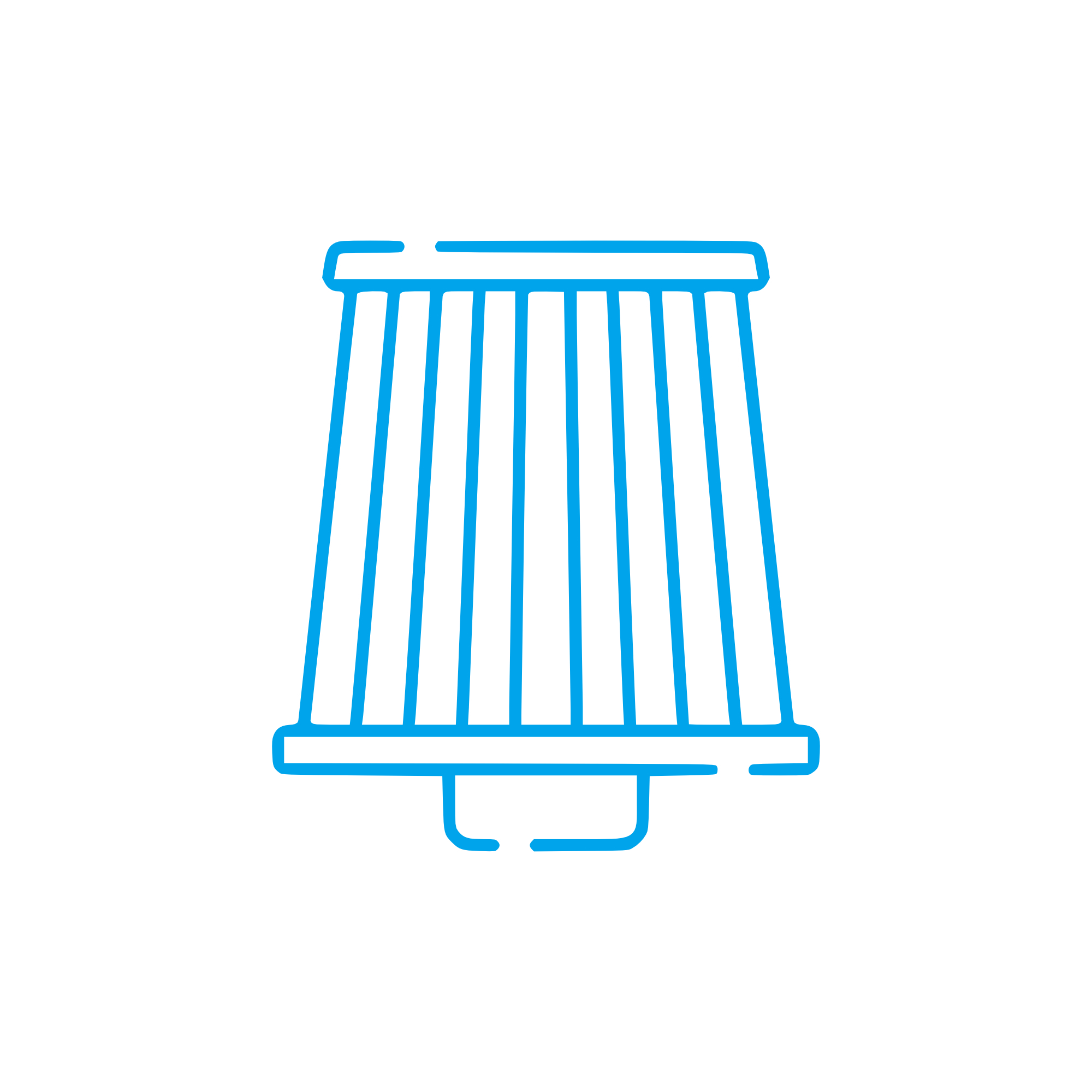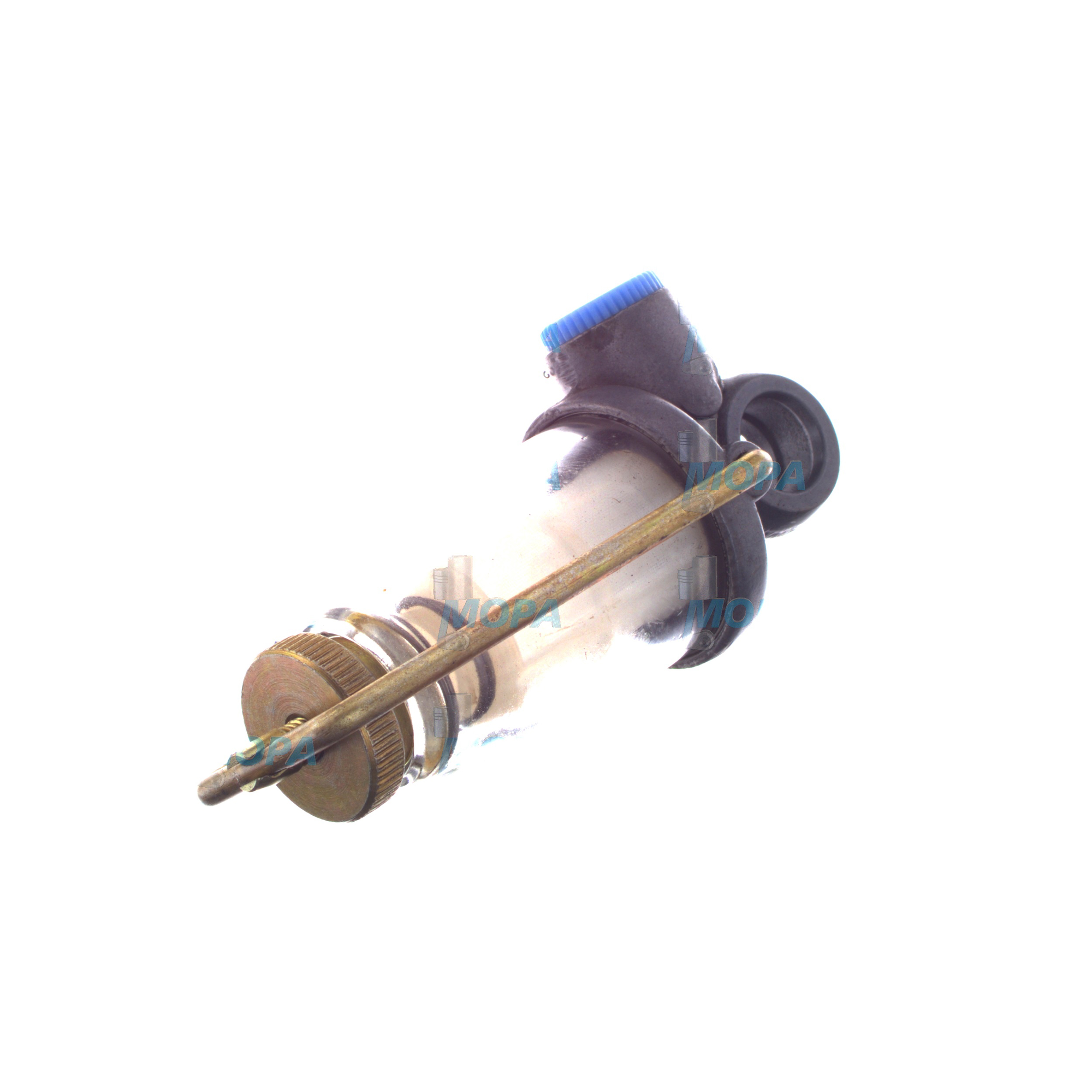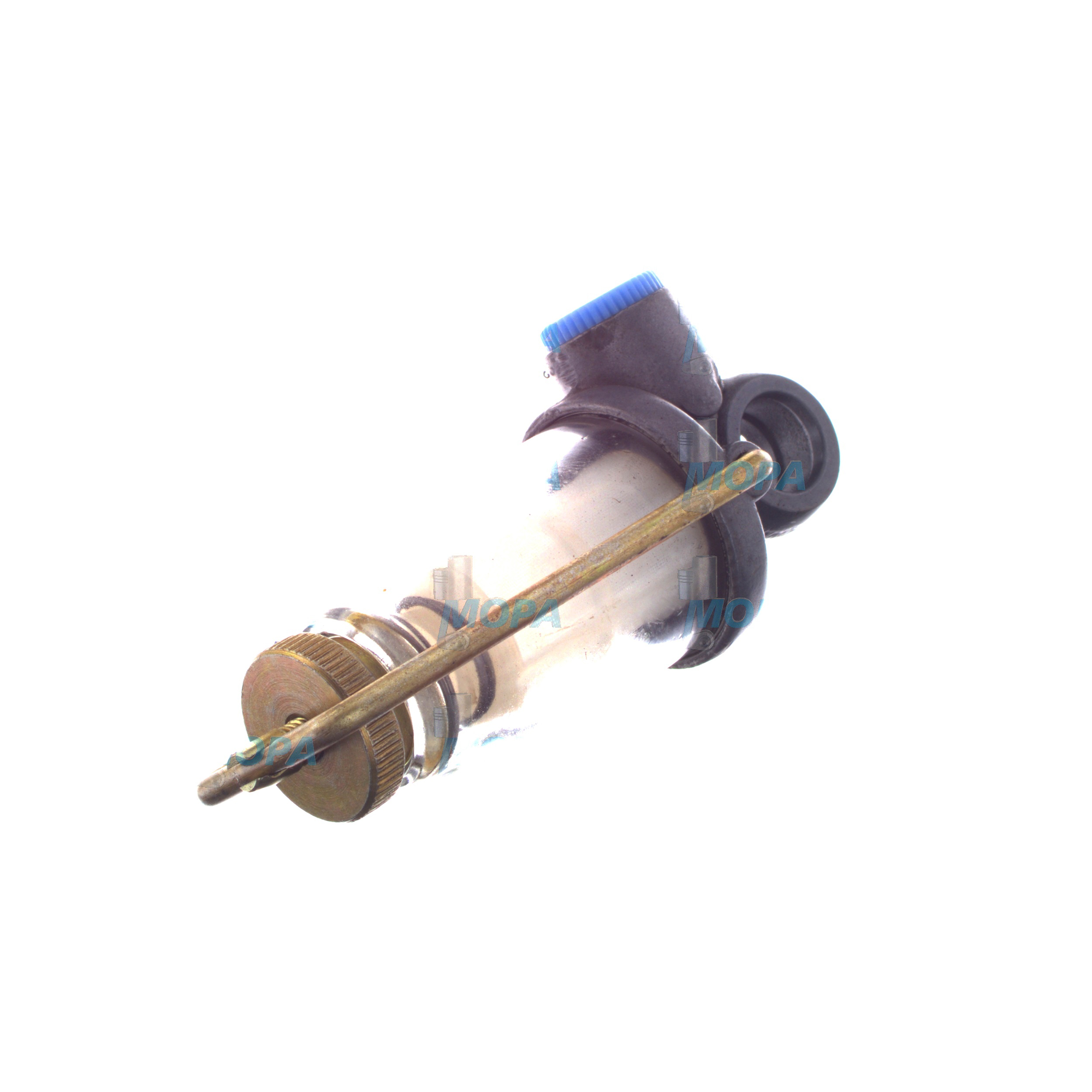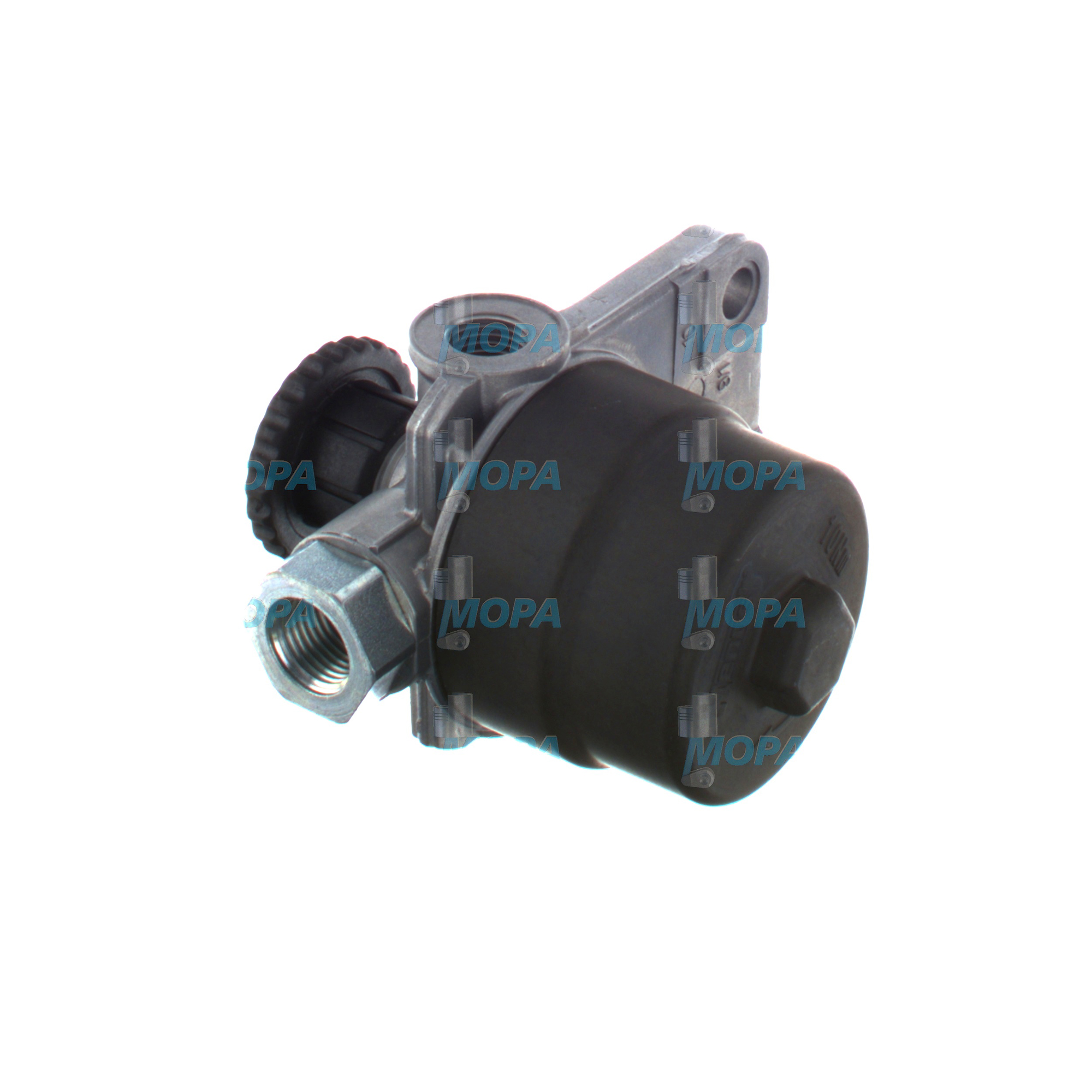FUEL PREFILTER Filter Solutions for Diesel and Marine Engines
Filters are critical engine components that protect precision parts from abrasive particles, water, and chemical contaminants. In the category “Filter,” you will find elements and assemblies for fuel, lube oil, air, and coolant circuits—each tailored to remove specific impurities at defined micron ratings and flow velocities. Within this category, the FUEL PREFILTER stands out as the first line of defense in the fuel path, shielding high-pressure pumps and injectors from water and coarse particulates before they reach the final fuel filter. For purchasers, shipowners, and technical decision-makers, choosing the right filters directly influences uptime, fuel economy, and the service life of diesel and gas engines.
Modern engines operate with tight clearances and extreme injection pressures. Any deviation in fuel cleanliness or lubricating oil quality can quickly lead to wear, performance loss, and unplanned downtime. Robust, correctly specified filters—especially a properly engineered FUEL PREFILTER for a marine engine or diesel engine—stabilize operating conditions by ensuring the correct cleanliness class and water separation efficiency from day one after bunkering or refueling.
Technical function of Filter and the role of a FUEL PREFILTER in a diesel engine
Filters in an engine serve distinct but complementary functions across subsystems. Air filters protect turbochargers and cylinders from dust and salt-laden aerosols. Lube oil filters capture wear debris, soot agglomerates, and oxidation products while maintaining flow and pressure via bypass features when required. Coolant filters condition the cooling circuit, dosing inhibitors and removing precipitates. In the fuel system, a FUEL PREFILTER intercepts large particles and, crucially, separates free water before the fuel reaches fine filtration and the high-pressure stage.
In a diesel engine, the FUEL PREFILTER is typically installed upstream of the main fuel filter and injection equipment. Its media and hydrophobic—or coalescing—layers remove coarse solids (often in the 30–100 µm range) and separate emulsified and free water. Many assemblies include a clear inspection bowl, a water drain, and ports for a water-in-fuel sensor. By reducing the particulate load and moisture, the prefilter stabilizes differential pressure across downstream filters, extends service intervals, and maintains consistent injection patterns. In marine engine applications, where fuel can carry condensation and tank bottom sediments, the FUEL PREFILTER also prevents microbiological growth from propagating into the injection system. Selecting FUEL PREFILTER OEM parts ensures media performance, flow capacity, and sealing compatibility match the engine maker’s cleanliness and water separation targets.
Key characteristics and advantages of Filter at a glance
· Defined micron ratings aligned with engine cleanliness codes (e.g., ISO 4406 targets).
· High dirt-holding capacity to stabilize differential pressure and extend service life.
· Water separation efficiency tailored for marine gas oil and biodiesel blends.
· Low pressure drop to prevent fuel starvation at peak engine load.
· Robust, corrosion-resistant housings for harsh marine environments.
· Media options (cellulose, synthetic, microglass) for temperature and chemical compatibility.
· Service-friendly designs with clear bowls, drains, and sensor ports.
· Secure sealing systems and adhesives to prevent bypass or channeling.
· Tested performance according to industry multi-pass and coalescence procedures.
· Traceable production and consistent quality across batches.
Importance of Filter for engine operation and service life
Filtration quality directly correlates with reliability and total cost of ownership. A degraded or undersized filter allows abrasive particles to score pump plungers, erode injector nozzles, and damage cylinder liners and bearings. Water ingress accelerates corrosion, disrupts the fuel film, and can cause cavitation in high-pressure pumps. On the air side, inadequate filtration increases turbocharger wear and raises particulate load in the combustion chamber, while poor lube oil filtration accelerates varnish formation and journal wear.
When the FUEL PREFILTER is neglected or incorrectly specified, common symptoms include unstable idle, hard starting, elevated fuel consumption, injector coking, and premature failure of high-pressure pump components. In marine engine duty, tank condensation and temperature fluctuations make water separation capability essential; without an effective FUEL PREFILTER marine engine operators face unplanned filter changeouts, alarm states from water-in-fuel sensors, and potential power loss during maneuvering or DP operations. Proper filtration preserves injector spray patterns, keeps emissions within limits, and sustains the engine’s designed power curve over the full maintenance interval.
Advantages of OEM spare parts suitable for Filter
Using OEM spare parts suitable for filters—especially for assemblies like the FUEL PREFILTER—provides measurable technical and economic benefits without compromise on fit or performance. These parts are produced to the same dimensional interfaces and functional specifications used during engine development, ensuring that pressure drop, flow capacity, and media efficiency align with the engine’s fuel map and duty cycle.
· Precise fit and sealing prevent micro-bypass that would otherwise raise ISO cleanliness codes.
· Verified water separation performance protects injectors and pumps in diesel engine service.
· Stable differential pressure behavior maintains reliable starting and full-load operation.
· Materials compatibility with ULSD, marine gas oil, and biodiesel blends safeguards media integrity.
· Longer, predictable service intervals improve budget planning and reduce downtime.
· Consistent quality and documented performance support risk management and asset reliability.
Selecting FUEL PREFILTER OEM parts also simplifies fleet standardization. Cross-compatibility is validated for designated engine platforms, minimizing inventory complexity and ensuring that filtration targets are met across vessels or sites. For technical buyers, this means better lifecycle economics and fewer surprises during audits or class inspections.
Specifying the right FUEL PREFILTER OEM parts
Match the FUEL PREFILTER to the engine’s rated flow (L/h), target micron grade, and water separation rating. Consider ambient temperature, fuel type, and installation constraints such as port threads, mounting footprint, and available headroom for element changeout. Options like integrated priming pumps, heater kits for cold climates, and water-in-fuel sensors are valuable for marine engine reliability and cold-start performance.
MOPA as your partner for OEM spare parts Filter
MOPA is an experienced and reliable partner for OEM spare parts in the Filter category, including FUEL PREFILTER solutions for diesel and gas engines. We focus on speed, quality, and security in international trade—rapid sourcing, careful cross-referencing, and on-time logistics keep critical assets running. Our team supports purchasers and technical managers with specification checks, alternative part proposals where appropriate, and consolidated deliveries that reduce handling and administrative overheads.
With MOPA, you gain access to a robust supply network for FUEL PREFILTER OEM parts and related filter components. From single items to fleet-wide replenishment, we help you maintain fuel cleanliness, cut unplanned stoppages, and protect high-value engine components.
Conclusion
Filters are indispensable to engine performance and longevity, and the FUEL PREFILTER is pivotal in safeguarding the fuel system against water and coarse contaminants. Choosing OEM spare parts suitable for filters—especially FUEL PREFILTER assemblies—optimizes reliability, stabilizes operating costs, and extends the service life of diesel and marine engines.





